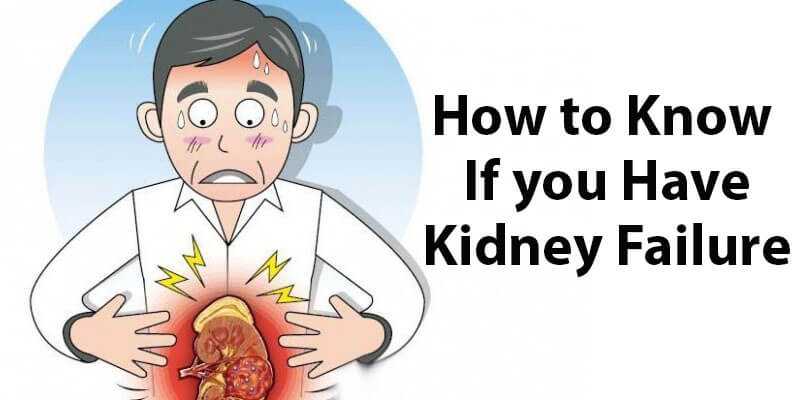Kidney failure or renal failure is a condition in which your kidneys receive enough damage to lose their function as blood purifiers. Kidney failure can be divided into two categories:
- Acute renal failure: In which the kidneys suddenly stop working completely or almost completely. Acute renal failure is reversible and the kidneys may eventually recover near normal functioning with proper treatment and care.
- Chronic renal failure: This results from the gradual loss of functioning nephrons (cells that make up a kidney). Chronic renal failure develops over time with no initial clinical symptoms. Also, it is irreversible.
If proper diagnosis and cure are not given on time, the damage to the kidneys may become permanent and turn into end-stage renal failure (ESRD).
5 Commonly Observed Causes of Kidney Failure:
Diabetes:
Diabetes mellitus is one of the leading causes of kidney failure. About 30% of the patients with type-1 diabetes and 10-40% of those suffering from type-2 diabetes eventually face kidney failure. Diabetes damages the blood vessels in the kidneys thus, they are unable to clean your blood properly. If not treated immediately, kidney damage may become fatal leading to ESRD. To know if your kidneys are in a healthy state or not book yourself an appointment with the best Nephrologist in Karachi, or other main cities via Marham.
Hypertension:
The second main cause of renal failure is hypertension. Diabetes and high blood pressure together account for more than 70% of all chronic renal failure. Uncontrolled blood pressure affects the dense network of blood vessels in the kidneys, so they are unable to deliver enough blood to the renal tissues. To address the problem of hypertension consult a good heart specialist in Karachi, and other main cities via Marham and keep your blood pressure under control.
Obesity:
Gaining excess amount of weight appears to be the prime factor for the two main causes of ESRD – diabetes, and hypertension. Fat deposits clog the arteries, thereby restricting the flow of blood to the kidneys.
Chronic Dehydration:
To filter out the waste, kidneys need an adequate amount of water. If your body is critically dehydrated, the acid-base balance and electrolyte concentrations of your body are altered causing severe or sometimes irreversible damage to the kidneys.
Related: 5 Diseases That Cause Kidney Failure
Medication:
A number of medicinal drugs are toxic to kidneys. Some common examples are:
- Nonsteroidal anti-inflammatory drugs (NSAIDs) like ibuprofen and naproxen.
- Antibiotics like Garamycin and Tobramycin.
- Lithium
- Iodine-containing medications
Renal complications are one of the most frequent situations occurring among people worldwide. It is crucial to seek out immediate treatment concerning your renal health.

